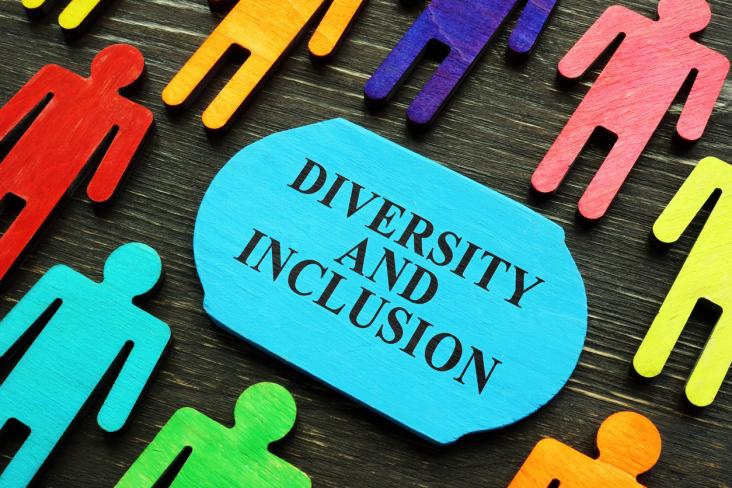This paper reviews the unique perspective that Indigenous People have on the HIV/AIDS epidemic, and the interactions between Indigenous Identities and HIV. The authors call for a human rights based approach to ending the HIV epidemic among Indigenous Peoples.
Explores the impact and consequences of not being able to make trips because of transport disadvantage. Explicitly does so in relation to SDG goal 11.2.
This Perspective explores the sources of bias in medical machine learning, and how these can contribute to unequal performance, for example for women. The authors discuss methods for mitigating bias, hopefully leading to more equitable use of machine learning in healthcare.

Recognising our customers' exceptional work to achieve the United Nations' Sustainable Development Goals

The United States Supreme Court's landmark decision to strike down race-based admissions programs in higher education has far-reaching implications which also extend to the workplace. This article discusses ways this ruling may affect corporate diversity, equity and inclusion (DEI) program and also embolden some states to take further aim at DEI initiatives, and in so doing promote SDGs 5, 8 and 10.
This content aligns with Goal 3: Good Health and Wellbeing and Goal 10: Reduced Inequalities by providing an in-depth review of how the COVID-19 pandemic, and subsequent physical distancing measures, impacted people with NDDs and their family members.
This content aligns with Goal 3: Good Health and Wellbeing and Goal 10: Reduced Inequalities by exploring the intersections between diagnosis, stigma and labelling along with the silencing of the child's voice.
Background: Latin America and the Caribbean present the second highest adolescent fertility rate in the world, only after sub-Saharan Africa, and have reached the third position globally in the incide
While social justice is a pillar that society seeks to uphold, in the area of organ transplantation, social justice, equity, and inclusion fail in the unbefriended and undomiciled population. Due to lack of social support of the homeless population, such status often renders these individuals ineligible to be organ recipients. Though it can be argued that organ donation by an unbefriended, undomciled patient benefits the greater good, there is clear inequity in the fact that homeless individuals are denied transplants due to inadequate social support. To illustrate such social breakdown, we describe two unbefriended, undomiciled patients brought to our hospitals by emergency services with diagnoses of intracerebral haemorrhage that progressed to brain death. This proposal represents a call to action to remediate the broken system: how the inherent inequity in organ donation by unbefriended, undomiciled patients would be ethically optimized if social support systems were implemented to allow for their candidacy for organ transplantation.
An obituary to remember Judy Heumann.
